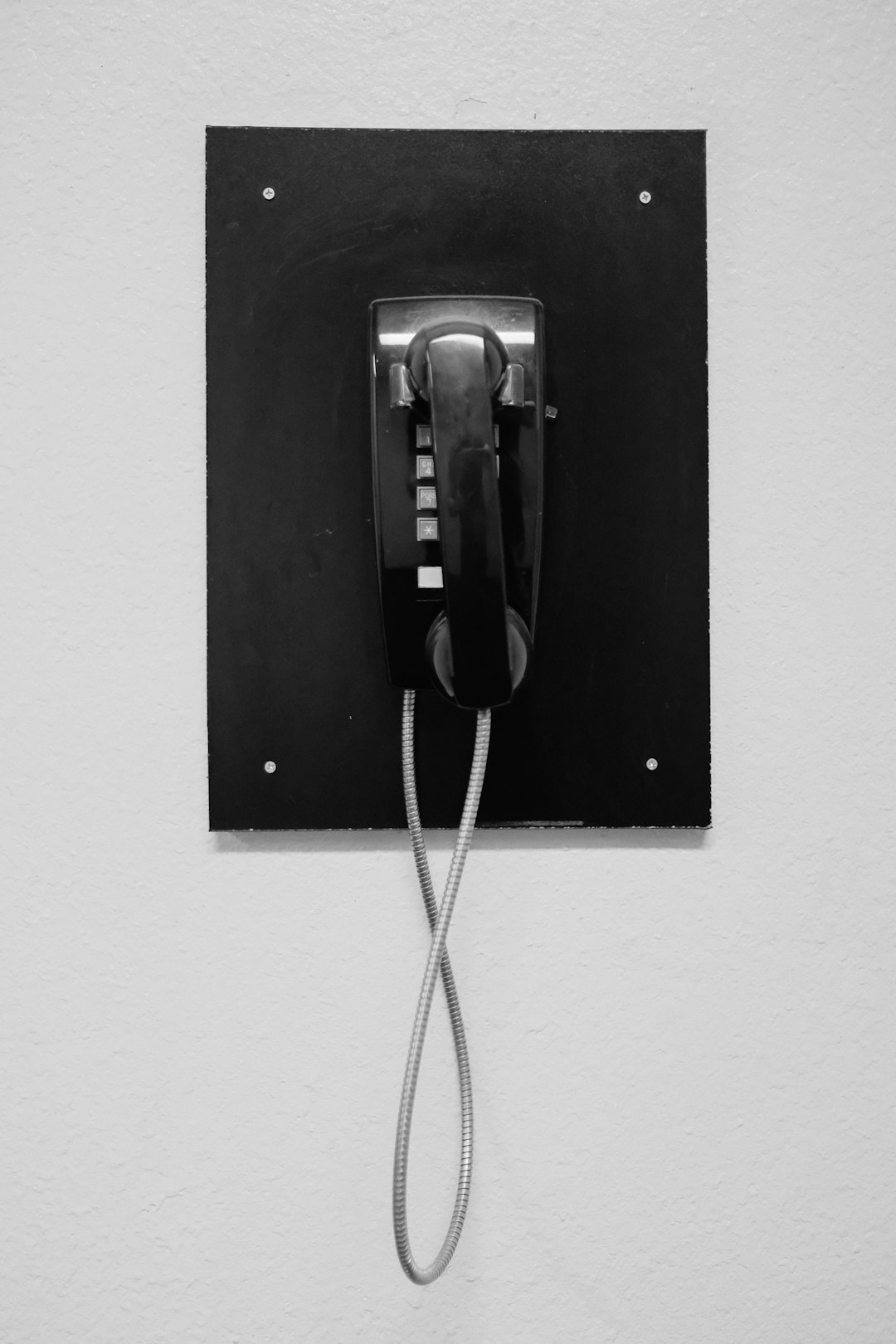Mississippi's "Do Not Call" laws are vital for protecting seniors in Brookhaven from unwanted telemarketing calls, offering peace and privacy. However, additional measures like advanced call blocking technology, education, and updated regulations are needed to enhance their effectiveness. As Brookhaven's senior population grows, focusing on their well-being is crucial, ensuring they can enjoy their golden years undisturbed by intrusive sales pitches.
In Mississippi, as across the nation, the aging population faces unique challenges, with unwanted telephone solicitations being a significant nuisance. This article explores the intricate relationship between Do Not Call laws and their impact on Brookhaven’s seniors. We delve into the challenges they face and present solutions inspired by these protections. Ultimately, we demonstrate how Do Not Call Laws in Mississippi can enhance quality of life for the elderly, ensuring peace of mind in an increasingly regulated era.
Understanding Do Not Call Laws and Their Impact on Mississippi's Aging Population

In Mississippi, Do Not Call laws are designed to protect residents from unwanted telemarketing calls, offering a sense of peace and control, especially for the state’s growing aging population. These laws restrict businesses from making phone calls to individuals who have registered on the official Do Not Call list, ensuring that seniors’ privacy is respected. The impact is significant, providing an effective way to reduce the volume of nuisance calls received by Brookhaven residents, many of whom are entering their golden years.
For Mississippi’s aging demographic, managing interactions with telemarketers can be a source of stress and intrusion. Do Not Call Laws empower them to take control of their phone lines, minimizing unwanted attention from sales pitches. This is particularly important as seniors may be more susceptible to financial scams or misleading information, making these protections crucial for their well-being and financial security.
Challenges Faced by Seniors: Unwanted Calls and Solving the Problem

Many seniors in Brookhaven, like elsewhere, face a persistent problem: unwanted and often harassing phone calls. This issue is particularly acute for an aging population that may rely more heavily on their home phones and be less mobile. The constant barrage of telemarketing calls can be frustrating, intrusive, and even dangerous, especially for those living alone. It’s not uncommon for seniors to feel trapped in their homes due to this anxiety-inducing phenomenon.
Solving this problem requires a multi-faceted approach. While the existing Do Not Call Laws in Mississippi offer some protection, they’re not always sufficient. Implementing and promoting the use of enhanced call blocking technologies can significantly reduce unwanted calls. Education and awareness campaigns targeting both seniors and businesses about the importance of respecting “Do Not Call” status are crucial. Additionally, regulatory bodies should consider updating laws to better protect seniors, reflecting the evolving communication landscape.
Prospering in an Age of Protection: How Do Not Call Laws Can Enhance Quality of Life for Brookhaven's Elderly

As Brookhaven’s population ages, ensuring their well-being and quality of life becomes increasingly important. One often overlooked aspect is the impact of telemarketing calls, which can be intrusive and stressful for the elderly. Do Not Call Laws in Mississippi offer a promising solution to this modern-day dilemma. These laws provide a much-needed respite from relentless sales pitches, allowing seniors to enjoy their golden years with reduced anxiety and disruption.
By implementing and strictly enforcing Do Not Call Laws, Brookhaven can foster an environment where the elderly feel respected and their privacy protected. This peace of mind can significantly enhance their overall quality of life, enabling them to engage in activities they enjoy without the constant interruption of unsolicited calls. Moreover, it empowers seniors to make informed choices regarding their personal information and ensures they remain in control of their daily interactions.






